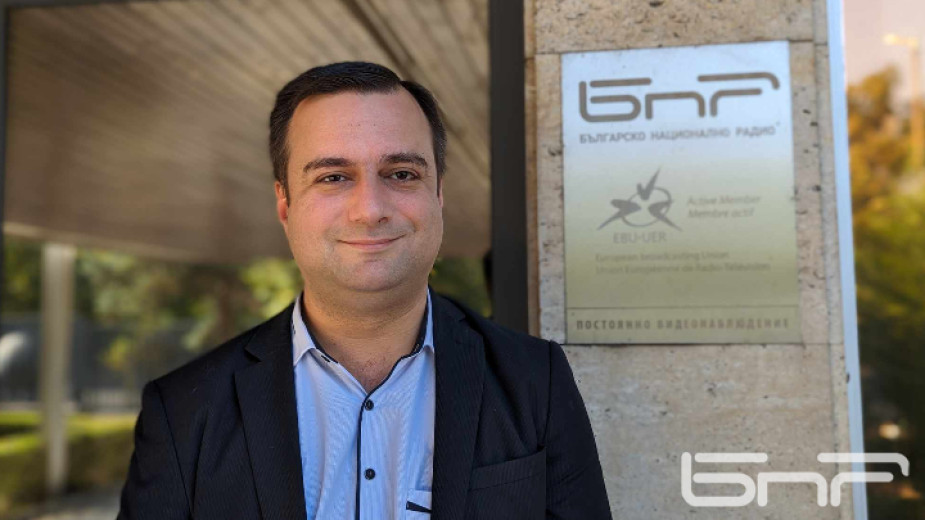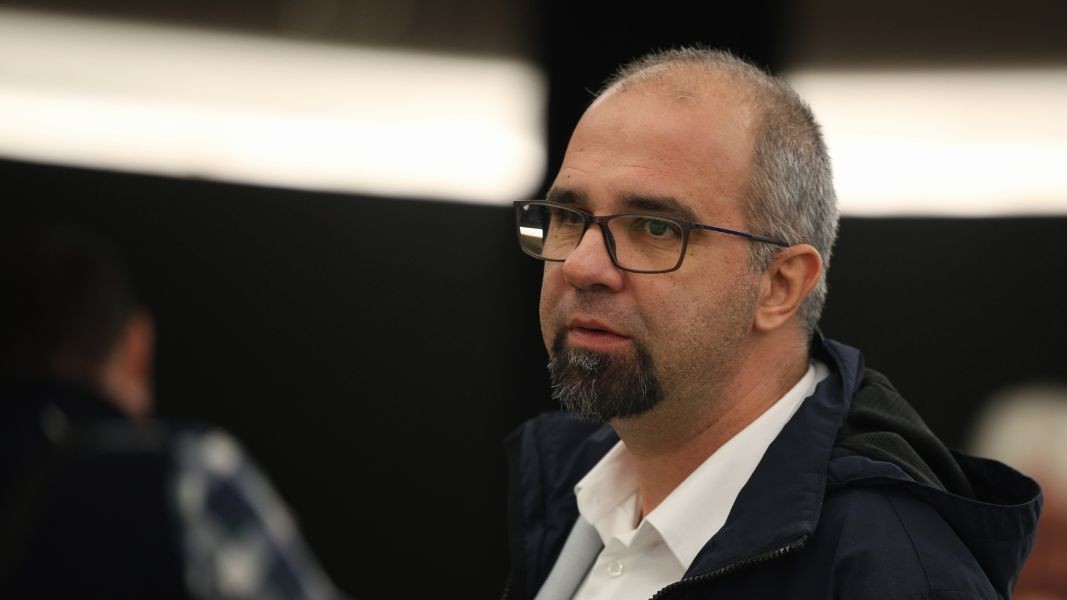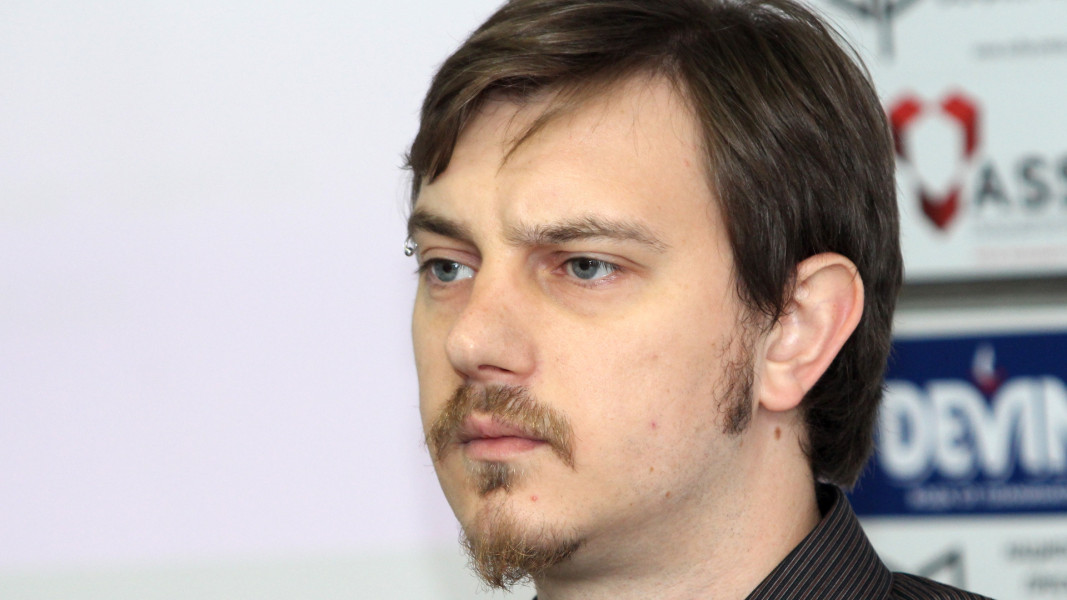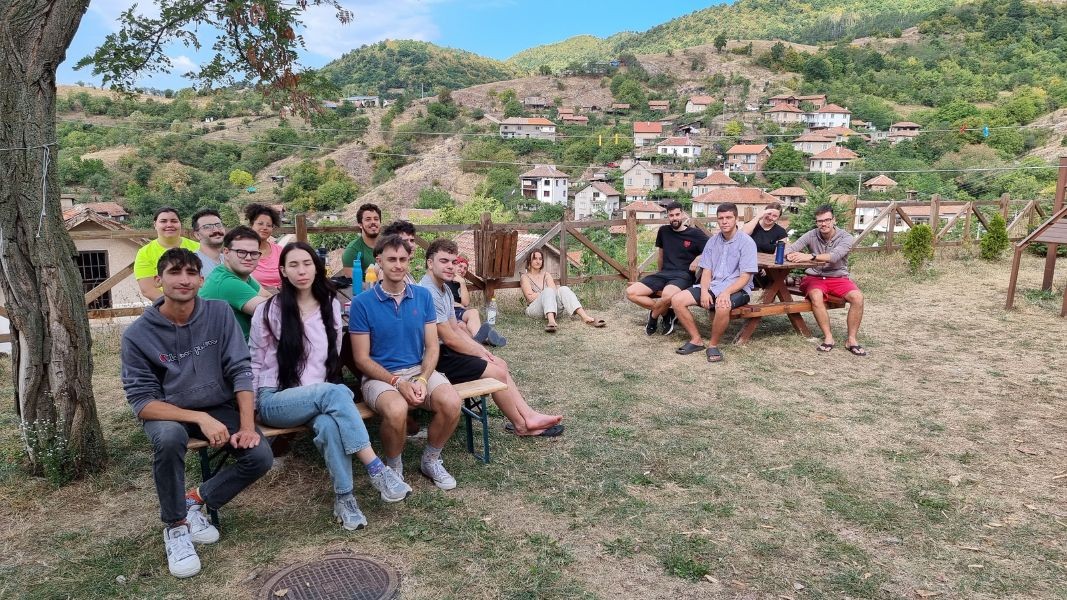Bulgarian youth are not socially apathetic or radicalised, but they are increasingly insecure about their prospects in various spheres of life - this is clear from a survey among young people in this country, which a group of researchers conducted with the support of the Friedrich Ebert Foundation, as part of a European study in 11 countries of Southeast Europe.
According to them, the study of attitudes among Bulgarians between the ages of 14 and 29 is an extremely challenging task due to the fact that this population group is not homogeneous, but contains two or three generations that have almost nothing in common with each other. However, the survey conducted among 9 thousand people outlines an interesting picture:

"If there is good news, it is that Bulgarian youth is to a significant extent neither anti-democratic nor anti-European, nor socially apathetic or radicalised, but I must point out some trends in all areas in which young people find realization,” political scientist Boris Popivanov says during a press conference to present the data from the poll. “There is increasing uncertainty among young people, who are increasingly unsure of the prospects in various areas, a trend of increased individualism at the expense of collectivism. In third place comes the greater distrust and scepticism towards everything - both towards institutions and even towards the generation they belong to."

There is also a trend towards more pragmatism, not so much in terms of long-term career or life paths, but rather in finding solutions that work in the moment. And another curious trend – more spontaneity is observed among young people. Decisions are made at the last moment, leaving all possible doors open, which puts the creation of consistent life plans or career plans aside.
Sociologist Parvan Simeonov draws attention to social alienation, ghettoization and unequal access to welfare and quality of life – increasingly serious problems that young Bulgarians face in their everyday lives.

"We are also observing postponement of the moment for having children and leaving the parental home. What is worrying is that one of the factors for the postponement is financial. I would also like to draw attention to the two-child model, which is stated as preferred by 64% of those surveyed, but this opinion is rather declarative, as practice shows that there is a return to the one-child model. These are factors that reflect the dimensions of the demographic situation in the country."
The young people surveyed answered a number of questions related to topics such as education, mobility, attitudes towards migration, readiness to participate in civic initiatives and volunteering, attitudes towards building a family, etc. Youth is changing, sociologist Stefan Georgiev says.

"Since 2019, when the report from a previous similar study was published, it seems that several historical eras have passed at high speed - wars, a pandemicр and in the context of the Bulgarian study - a series of governments garnished with political instability. We can say that we have a general increased interest in politics as a topic, however, this does not mean that young people vote more often, on the contrary - they are skeptical and one of the reasons is that they do not see the current political elite defending their political interest. This is very clearly visible from the data."
Among the issues studied is the attitude towards gambling - a topic that is increasingly being a part of the social agenda, as a result of the advertising messages flooding us. There are disturbing trends:

"I must say that we could not ask such a question directly, that's why we asked them about their peers, so the question sounds like this: ‘approximately what proportion of your acquaintances, peers and friends regularly participate in some kind of gambling?’ What we see as a result is the following: 5% of the respondents say ‘all my peers and acquaintances participate regularly in gambling activities’, another 17 answer: ‘a very large proportion of my acquaintances and peers participate regularly in gambling activities’. If we mechanically transpose these shares of the total number of young people in this country, we can say that we are talking about a mass practice."
No less worrying is the reason that makes young people engage in gambling. "This way I can earn money instead of looking for a job" is the most common answer about their motives.
Publication in English: Al. Markov
Photos: BGNES, Savina Spasova (BNR), BTA
Romania closes dozens of border check points as of 1 January In connection with its full accession to the Schengen area, as of 1 January, 2025, Romania is closing more than 30 border check points on its borders with Bulgaria and Hungary, Radio..
From the distance of time, history and researchers will give their assessment of Bulgaria and its neighbourly relations in the first quarter of the 21st century. But even then, they will rely on the facts and perceptions of contemporaries about them...
Albania and Montenegro mark progress in European integration in 2024 EU leaders met on December 18 with their counterparts from the Western Balkans. European Commission President Ursula von der Leyen called for finding..
Bulgaria's parliamentary crisis delayed for months the election of the heads of key regulatory bodies, such as the Energy and Water Regulatory Commission..
Protests in Turkey continue after Istanbul mayor's arrest Mass protests in Turkey continue after Istanbul mayor Ekrem..

+359 2 9336 661
